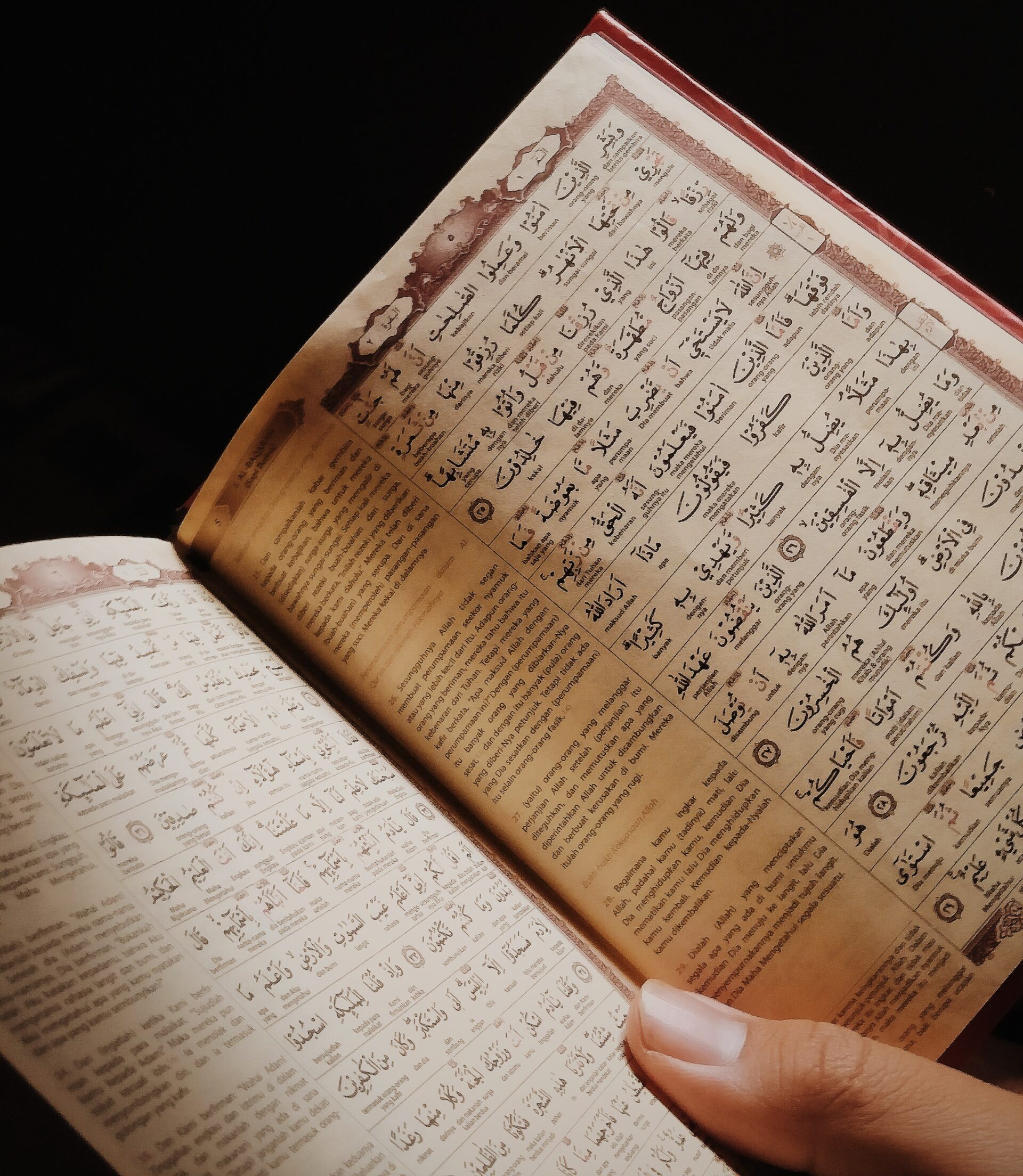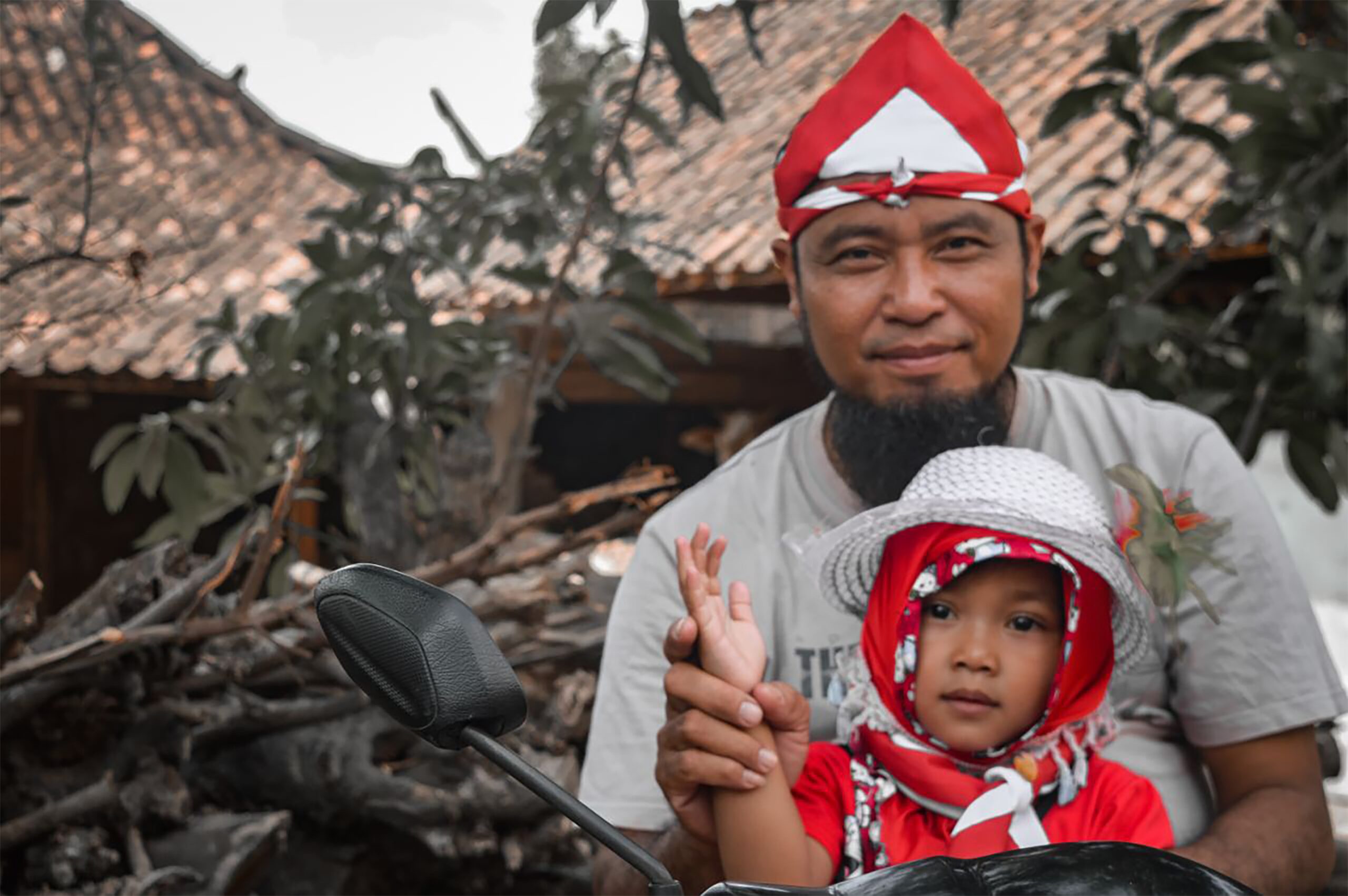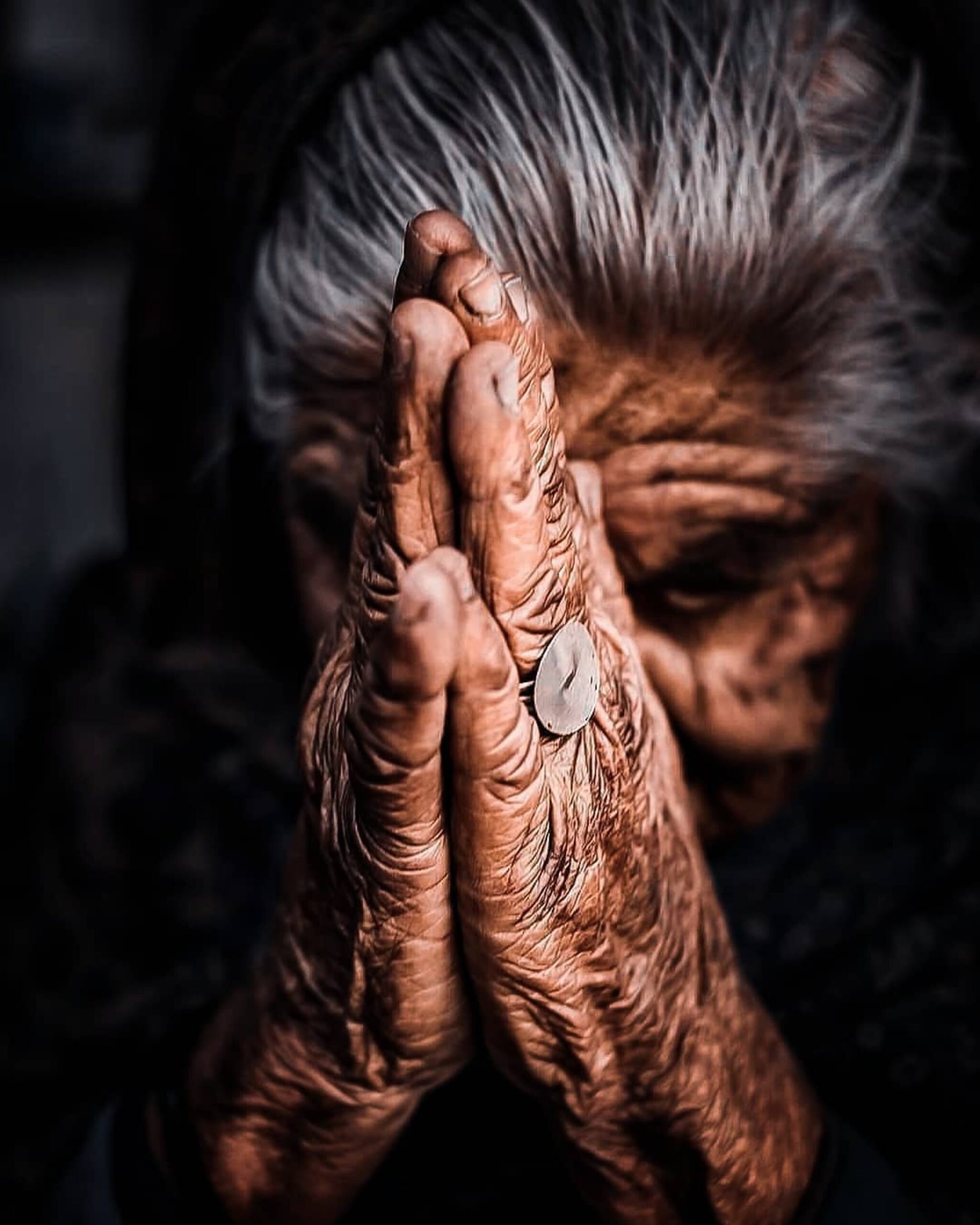What is it like to share The Gospel with an Indonesian Muslim? Are they receptive? Turns out there are many barriers for a Muslim to hear The Gospel and believe in Jesus. These are common challenges when sharing The Gospel with Muslims in Indonesia.
It is my Fate to be Muslim
Many believe it is their fate to be a follower of Islam. When sharing the Gospel with Muslims, their response is often “That’s great! But I was born to be a follower of Islam and my destiny is to be Muslim.” Many Muslims believe that each religion is made for certain people. Christianity is for foreigners and Chinese Indonesians, Islam is for Indonesians, etc.
This is compounded when you are from an Indonesian people group where your identity as a people is wrapped up in your faith in Islam. In these situations not only are you Muslim because of your community and family. You are Muslim because to be a person from your people group is to be Muslim.

Educational limitations
In most villages, women are not encouraged to go to school, only men are. Therefore, women face more obstacles when discipling. This is because many are not literate due to the lack of education. Oral communication and story telling is needed to share the gospel with the illiterate. Even if someone is educated, most of the time they do not like to read or study. This is another challenge when reading the Bible. Indonesians learn the best through auditory means.

Follow culture
Many people are not encouraged to learn about their religion. Indonesians are instead told to listen to their leader and follow what they say. The result of this is that you can share the Gospel with three different people and get three different responses on how to get sin forgiven in Islam. Also three different answers on what will happen to Muslims after they die.
In Indonesia, your reputation is more important than the truth. This means it’s better to espouse the beliefs of the community than to acknowledge something that is true. So, a person may say “what you say sounds true, but my family and community are Muslim so I must be.” There is a Madura saying that translates to “it is better to die than to be shamed.” This ideology makes it challenging for Muslims when counting the cost of believing and following Jesus. For them, the idea of their community and family disagreeing and potentially becoming hostile toward them is more daunting than the idea of spending eternity separated from the Lord.

“Semua agama sama, hanya beda cara” – “All religions are the same, it’s just a different way of doing the same thing.”
This is one of the most common challenges when sharing the gospel with Muslims. They believe that all religions are the same, just different paths up the same mountain. They believe if you are faithful, a good person, and believe in something, you will go to heaven. After you share the gospel with a Muslim, many times they will share that the gospel makes sense. But then they will say “all religions are the same, it’s just a different way of doing the same thing.”
